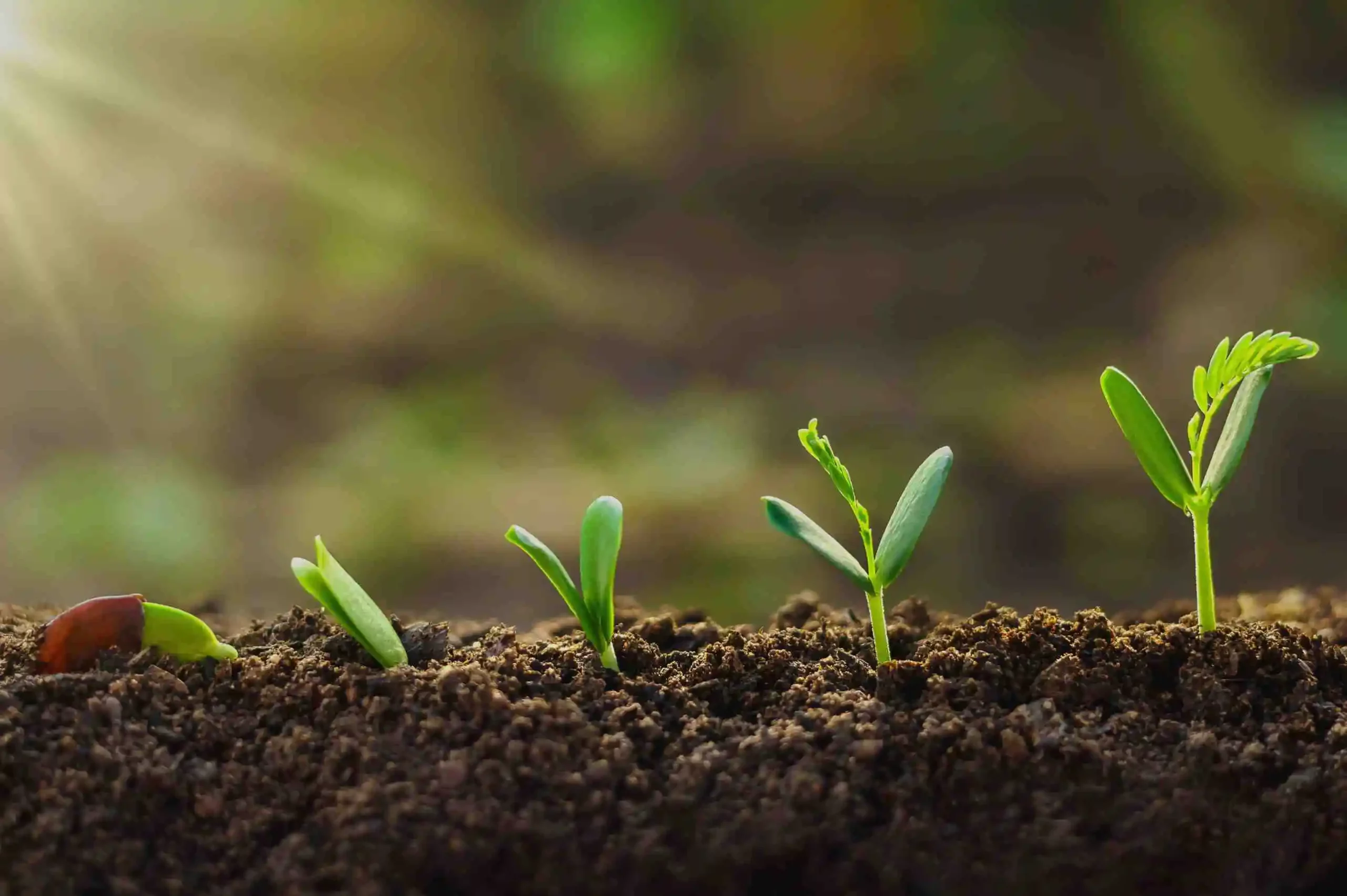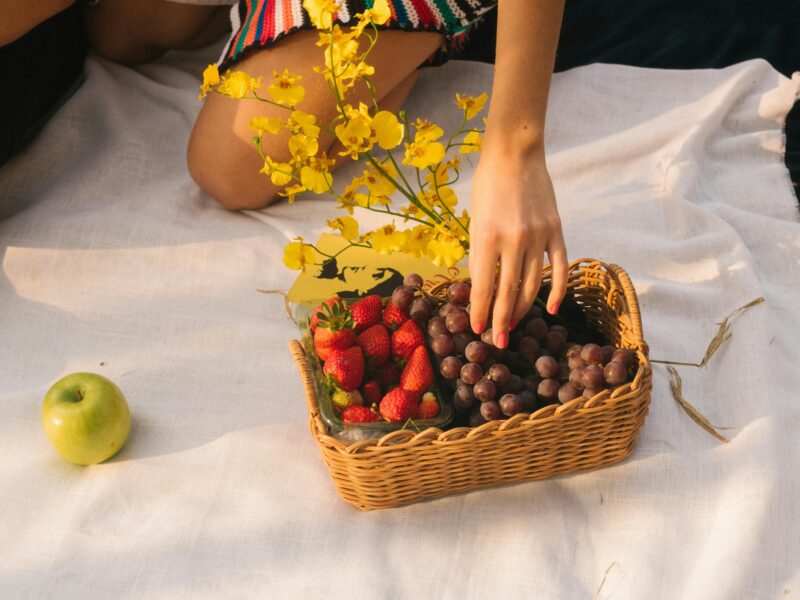In today’s world, sustainability is more than just a buzzword—it’s a way of life. As concerns about environmental degradation and climate change continue to mount, many homeowners are turning to sustainable gardening practices as a way to reduce their ecological footprint and create a healthier, more resilient planet. In this comprehensive guide, we’ll explore the principles of sustainable gardening and provide practical tips and advice for eco-friendly homeowners who want to cultivate a garden that nurtures both plants and the planet.
What is Sustainable Gardening?
Sustainable gardening is an approach to gardening that seeks to minimize environmental impact, conserve natural resources, and promote biodiversity while producing healthy, vibrant plants and abundant harvests. By adopting sustainable gardening practices, homeowners can reduce water usage, minimize chemical inputs, and create habitats that support pollinators, beneficial insects, and other wildlife in their gardens.
Key Principles of Sustainable Gardening
- Soil Health: Healthy soil is the foundation of a sustainable garden. Practice soil conservation techniques such as composting, mulching, and cover cropping to improve soil structure, fertility, and moisture retention. Avoid tilling whenever possible, as it disrupts soil ecosystems and contributes to erosion and loss of soil organic matter.
- Water Conservation: Conserve water in the garden by using mulch to retain soil moisture, capturing rainwater in barrels or cisterns for irrigation, and planting drought-tolerant species that require less water. Install efficient irrigation systems such as drip irrigation or soaker hoses to deliver water directly to the roots of plants, minimizing evaporation and runoff.
- Chemical-Free Pest Control: Practice integrated pest management (IPM) techniques to control pests and diseases in the garden without relying on synthetic chemicals. Encourage natural predators such as ladybugs, lacewings, and birds to control pest populations, and use physical barriers, companion planting, and organic pesticides such as neem oil or insecticidal soap as needed to manage pest infestations.
- Biodiversity: Promote biodiversity in the garden by planting a diverse array of native plants, heirloom varieties, and pollinator-friendly flowers to attract beneficial insects, birds, and other wildlife. Create habitat features such as birdhouses, bee hotels, and butterfly gardens to provide food, shelter, and nesting sites for wildlife in your garden.
- Composting: Composting is a simple yet effective way to recycle organic waste and create nutrient-rich soil amendments for the garden. Start a compost pile or bin using kitchen scraps, yard waste, and other organic materials, and use compost to enrich soil, improve soil structure, and provide essential nutrients for plant growth.
- Energy Efficiency: Minimize energy consumption in the garden by choosing manual or hand-powered tools over gas-powered equipment whenever possible. Use renewable energy sources such as solar or wind power to power garden lights, water features, or other electrical devices in the garden.
- Native Plants: Incorporate native plants into your garden design to support local ecosystems, conserve water, and provide habitat for native wildlife. Native plants are adapted to local growing conditions and require less maintenance, water, and fertilizer than non-native species, making them an ideal choice for sustainable gardens.
Practical Tips for Sustainable Gardening
- Plan and Design Thoughtfully: Start by assessing your garden site and designing a layout that takes into account factors such as sunlight exposure, soil type, and water availability. Choose plants that are well-suited to your growing conditions and arrange them in a way that maximizes space, promotes airflow, and minimizes competition for resources.
- Use Organic and Locally Sourced Materials: Use organic fertilizers, compost, and soil amendments to nourish your plants and improve soil health without relying on synthetic chemicals. Whenever possible, choose locally sourced materials such as plants, seeds, and mulch to reduce transportation emissions and support local businesses.
- Conserve Water: Implement water-saving techniques such as drip irrigation, rainwater harvesting, and xeriscaping to reduce water usage in the garden. Group plants with similar water needs together and water them deeply and infrequently to encourage deep root growth and drought tolerance.
- Practice Sustainable Lawn Care: Minimize the size of your lawn and choose eco-friendly alternatives such as native grasses, groundcovers, or ornamental grasses that require less water, fertilizer, and maintenance. Leave grass clippings on the lawn to decompose and return nutrients to the soil naturally.
- Attract Beneficial Insects: Plant a variety of flowers, herbs, and flowering shrubs to attract beneficial insects such as bees, butterflies, and predatory insects that help control pest populations and pollinate crops. Avoid using broad-spectrum pesticides that harm beneficial insects and disrupt the natural balance of the ecosystem.
- Reduce, Reuse, Recycle: Reduce waste in the garden by composting organic materials, recycling containers and packaging, and repurposing materials such as pallets, bricks, or stones for garden projects. Choose durable, long-lasting materials for garden structures such as raised beds, trellises, and pathways to minimize waste and environmental impact.
- Educate and Inspire Others: Share your knowledge and passion for sustainable gardening with others in your community by hosting workshops, garden tours, or educational events. Encourage friends, family, and neighbors to adopt sustainable gardening practices in their own gardens and make a positive impact on the environment.
Sustainable gardening is more than just a set of practices—it’s a mindset, a way of life, and a commitment to stewardship of the land and its resources. By embracing sustainable gardening principles and practices, homeowners can create beautiful, productive gardens that nourish both plants and the planet. Whether you’re composting kitchen scraps, planting pollinator-friendly flowers, or conserving water with drip irrigation, every small step towards sustainability makes a difference in building a greener, healthier future for generations to come. So roll up your sleeves, dig in the dirt, and join the growing movement of eco-conscious gardeners who are cultivating a brighter, more sustainable world, one garden at a time.


